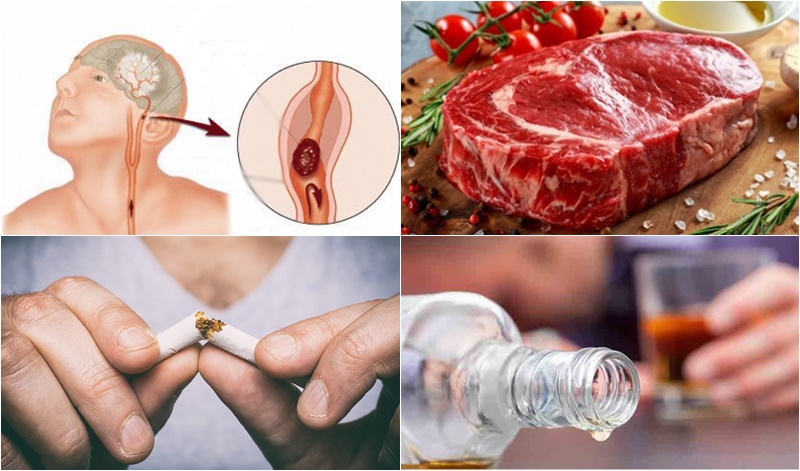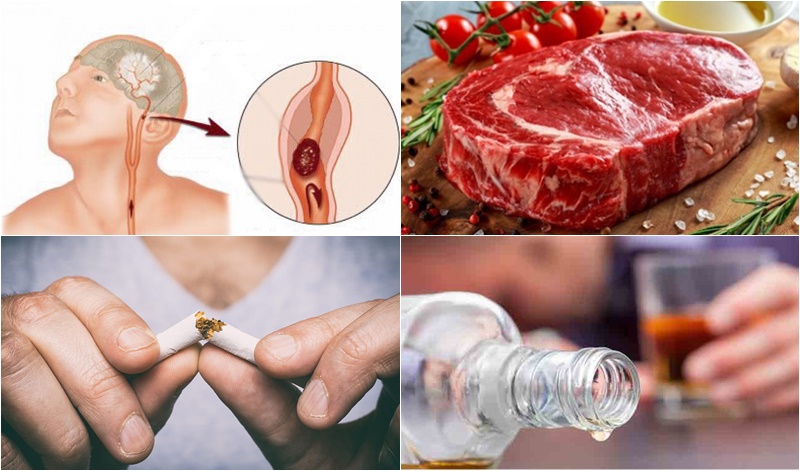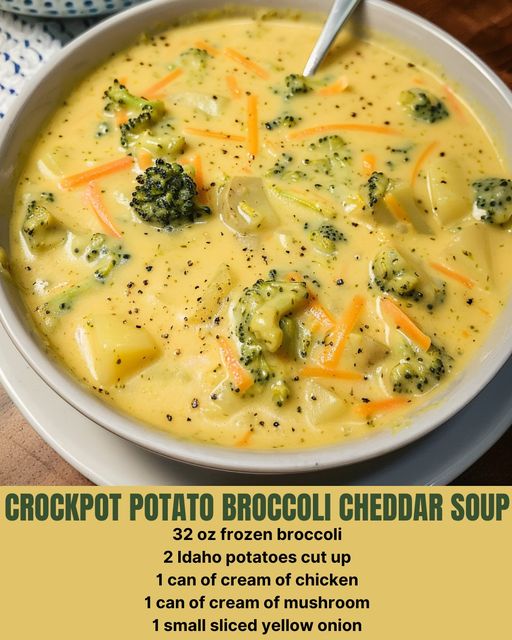A stroke represents a critical medical condition where the blood supply to the brain is either blocked or interrupted, leading to potentially fatal outcomes. This disruption primarily occurs due to blockage or bursting of arteries, the vessels responsible for transporting oxygen and nutrients to brain cells. When deprived of these essential components, brain cells begin to perish.

Recognizing the early symptoms of a stroke can be lifesaving. Key indicators include unilateral weakness or numbness, vision problems, speech difficulties, unexplained severe headaches, and loss or instability of balance, often accompanied by other symptoms.
Particular lifestyle choices, especially related to diet, significantly contribute to stroke risk. Excessive consumption of certain foods and substances can increase the likelihood of experiencing a stroke, alongside other health issues.
Foods and Habits to Limit for Stroke Prevention
1. Smoking
Notably, smoking accelerates clot formation by thickening the blood and increasing arterial plaque buildup. Quitting smoking, coupled with a balanced diet and regular exercise, is among the most effective measures to lower stroke risk.
2. Alcohol Consumption
Though moderate alcohol intake can be beneficial for health, excessive drinking poses severe risks. Consuming more than two drinks daily can sharply increase stroke risk, with binge drinking further exacerbating potential health dangers.
3. Red Meat Intake
High consumption of red meat has been linked to an elevated risk of stroke. Those consuming large amounts daily face a significantly higher risk compared to individuals with minimal red meat in their diet. Opting for alternative protein sources like nuts or fish can help mitigate this risk.
By moderating consumption of these items, you can contribute significantly to your long-term health, potentially reducing your stroke risk. It’s beneficial to regularly consult healthcare professionals to stay informed about your health status and make any necessary lifestyle adjustments.





